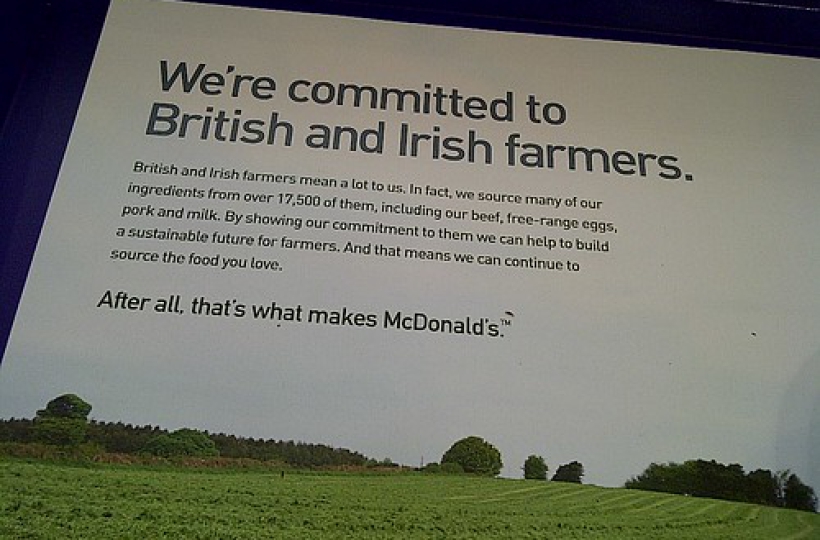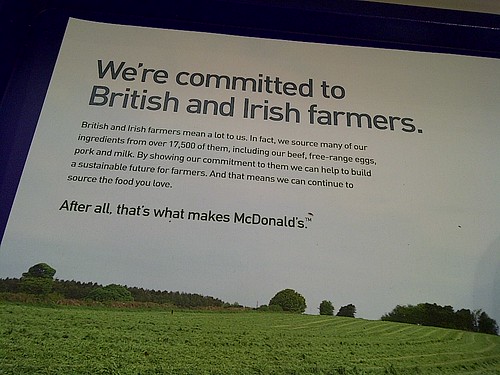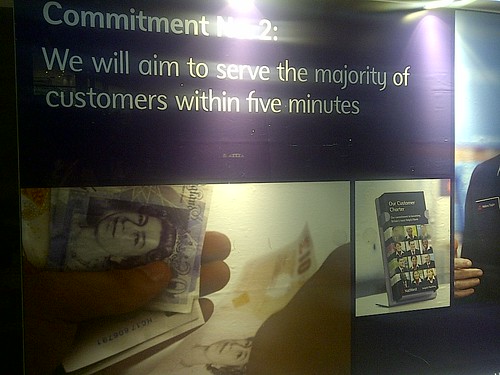The devaluation of commitment

I don’t know what happened, but suddenly brands started to commit to stuff .I plea guilty as charged. When I was in London, I was bombarded by brands that were committed to something (just two random examples by NatWest and MacDonalds).
Commitment simply is an interaction dominated by obligations. These obligations may be mutual, or self-imposed, or explicitly stated, or may not.
I have five big problems with brands committing to things:
- I hope this really doesn’t mean that they weren’t committed to anything before. Saying you are committed to something is like saying you are organizing the best party ever, a party you can’t afford to miss. The promise is pretty cool, but the “party you can’t afford to miss” rarely is the party you can’t afford to miss.
- Even worse, it sometimes feel like a last resort, like “We promised a lot in the past, but now things changed, now we’re really committed to do something”.
- Commitment comes in many forms. Saying you “will aim to serve the majority of customers within five minutes” (NatWest) isn’t so much of a commitment. It’s a a thing people expect from a decent company and in this copy it is watered down by words like “aim” and “majority of”.
- Commitment is hard to measure. It’s like saying you’re trying hard (also see my post on the theory of managing expectations). Trying hard isn’t good enough. Just deliver.
- Saying you’re committed starts to feel like saying you’re a dynamic and modern company. Everyone starts saying it, so it loses it’s value.
So please stop saying you’re committed to something unless you really really mean it. Most brands either can’t live up to it, make a vague promise out of it or just think it’s powercopy to say you’re committed to something. Cut the crap.

